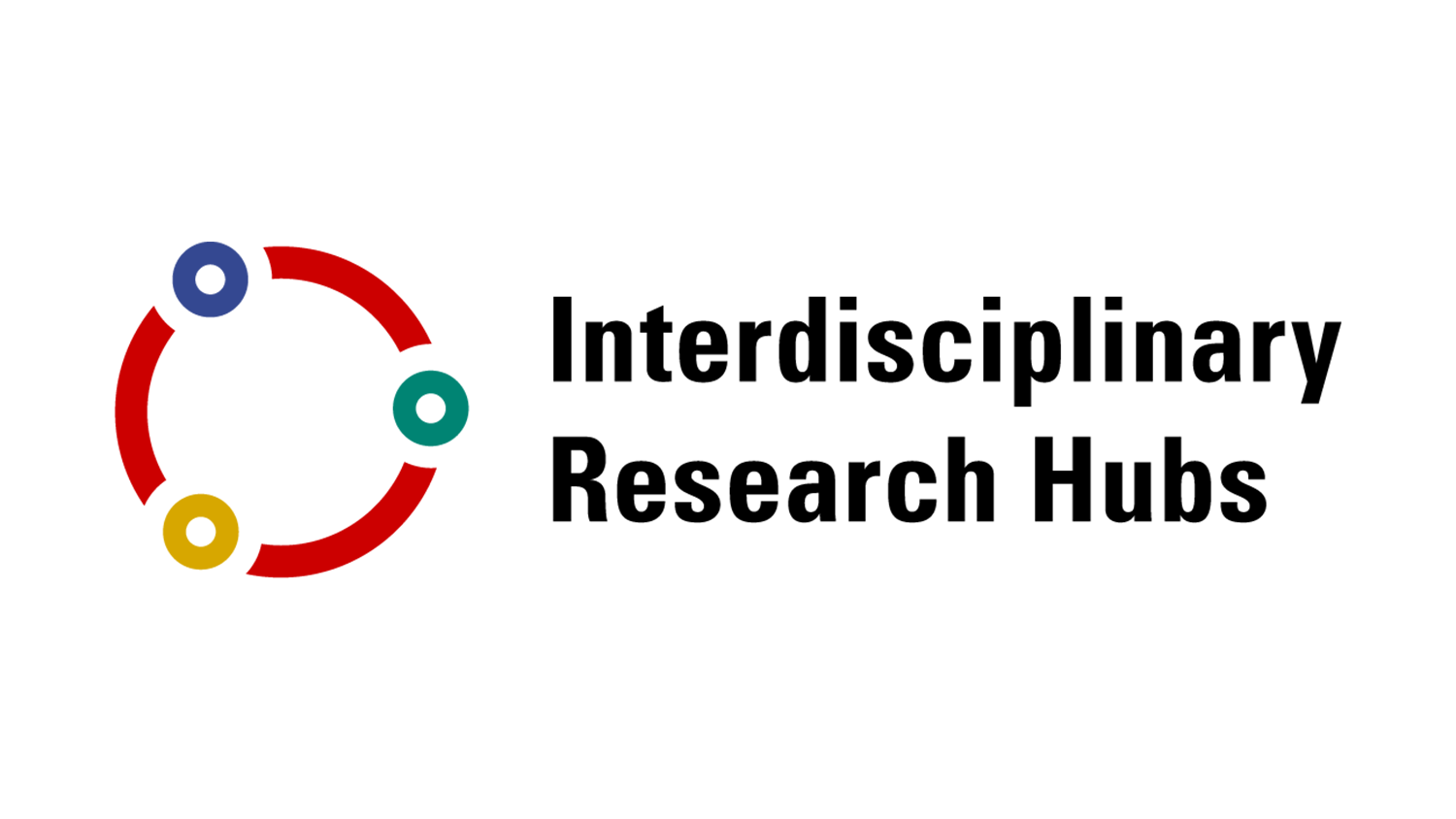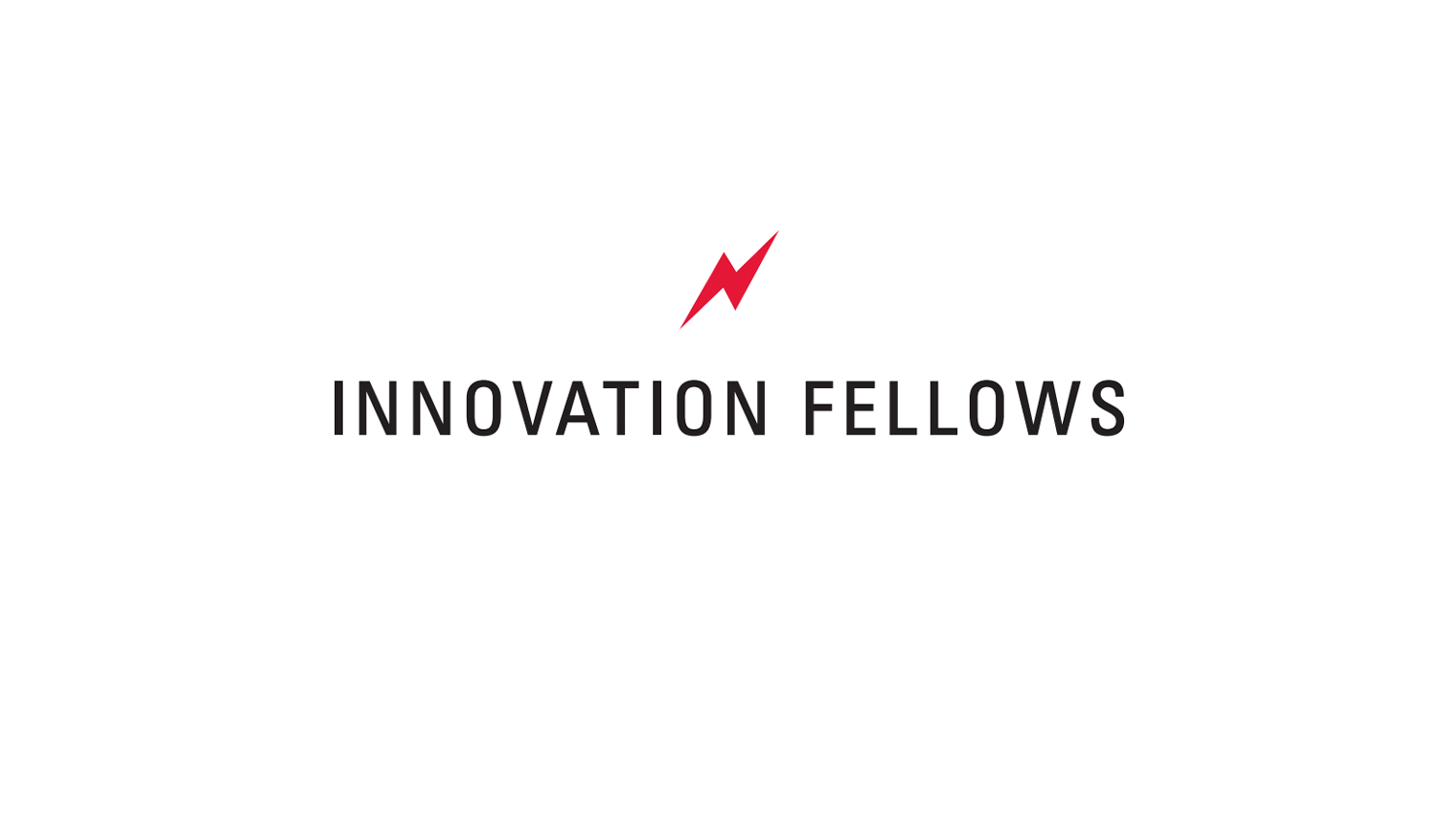Meet the New College of Education Faculty
Get to know your new professors, and join us in extending a warm welcome to the newest members of the College of Education family:
Dr. Brooks Bowden, Assistant Professor of Methods & Policy – ELPHD Department
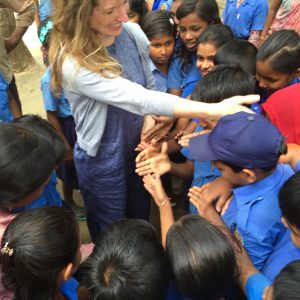
- Ph.D. institution and year: Columbia University, 2014
- Previous Appointment: Associate Director and Senior Research Scientist at the Center for Benefit-Cost Studies of Education, Teachers College, Columbia University
- What attracted you to NC State? What excites you the most about coming to work for the College of Education? I am very excited to join the faculty in the Ph.D. program in education policy. Dean Danowitz, the faculty in ELPHD, and the staff at the College of Education were all important factors in my decision. My undergraduate degree is from Auburn University, a land-grant public university that is known for the use of red brick in its architecture. The similarities between campuses certainly helped to make NC State feel like the perfect home for me and my family. Go Wolfpack!
- What inspired you to pursue a career in education? The opportunity to improve the lives of children by aiding policymaking with rigorous research is an honor.
- What advice do you have for your students? What advice do you have for anyone interested in pursuing a career in education? Do not expect to know exactly where your professional life is headed. The best approach is to find a path that is meaningful and follow it. When needed, revise it.
- What are your research interests? What issues does your research address? My research has two main purposes: to evaluate the costs and effects of programs and policies to contribute to policymaking; and to continue to develop methods of economic evaluation. Many of the programs I have evaluated provide supplemental support or instruction and utilize partnerships with community-based organizations. I am currently working on an RCT of a reading curriculum for kindergarteners that integrates science with literacy, working with Save the Children on a cost-effectiveness evaluation of a reading program in Bangladesh, examining approaches to comprehensive student support services, reviewing federally regulated benefit-cost analyses, conducting research to improve the design of cost analyses, and co-authoring a new edition of the textbook on cost-effectiveness analysis.
- What are your interests outside of work? I have two children who keep me busy and my heart full. I also enjoy food, movies, music, art and road trips.
- Do you have any hidden talents, or can you share a little-known fact about you? I originally started my career as a behavior therapist working with children with developmental disabilities, primarily autism. My work focused mostly on teaching language in one-on-one home-based settings. I loved those children and still remember them fondly.
Dr. Cristina Braga, Teaching Assistant Professor in the Online Masters Clinical Mental Health Program – ELPHD Department
- Ph.D. institution and year: University of South Carolina, 2015
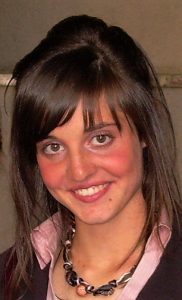
Dr. Braga - Previous Appointment: Psychologist at family counseling settings and school counseling settings in Italy.
- What attracted you to NC State? What excites you the most about coming to work for the College of Education? At first, I was attracted by the fact that NC State is a relevant research enterprise. Being located in the Research Triangle, NC State is surrounded by many professional opportunities. I was looking for a professional opportunity in a competitive job environment with a vibrant research program, and I found this in the College of Education. I’m very excited to teach counseling as part of the distance education program.
- What inspired you to pursue a career in education? I have always been interested in teaching. In the past, I taught in elementary and middle schools and I enjoyed these educational experiences. However, when I concluded my graduate studies in psychology, I realized that my professional vocation was teaching at a college level. I verified this vocation during my Ph.D. in counselor education when I had the possibility to teach different courses and I really loved it. My main professional goal is teaching students how to be effective counselors.
- What advice do you have for your students? What advice do you have for anyone interested in pursuing a career in education? I suggest that my students take the college experience seriously as an opportunity to grow both personally and professionally. I encourage them to organize properly their time and study materials to not feel overwhelmed. It is always good to actively participate in classes to “learn by doing” and stay in network with peers and professors. For anyone interested in pursuing a career in education, I recommend constantly updating their knowledge and learning how to use different teaching strategies to meet students’ needs. To me, anyone interested in become an educator needs to feel responsible for both the personal and the professional development of the students. For this reason, it is important to know not just the content of the course but also how to build and maintain good relationship with students. This requires a lot of supervision and the capability to see feedback as a way to get improvement.
- What are your research interests? What issues does your research address? I am currently researching two major topics. The first one is related to the perceptions of beginning counselors about the development of the therapeutic alliance over the practicum experience. This research addresses the utility of collecting client feedback in counselor training and supervision. My second research interest is related to the perceptions of siblings about their placement in foster care settings. This research addresses the issue about the decision on the type of fostering for the siblings (joint or separate).
- What are your interests outside of work? I love spending time with my family and friends, visiting new places and meeting new cultures. As good a Italian, I also love cooking, art and fashion.
- Do you have any hidden talents, or can you share a little-known fact about you? I am originally from Italy. I was born and grew up in Como, a little town in the northern part of Italy with a beautiful lake. Lake Como is a famous tourist destination with spectacular landscapes. I completed my graduate studies in Milan, another wonderful city in the northern region of Italy full of history, culture and attractive spots.
Dr. Dennis Davis, Associate Professor of Literacy and English Language Arts–TELS Department
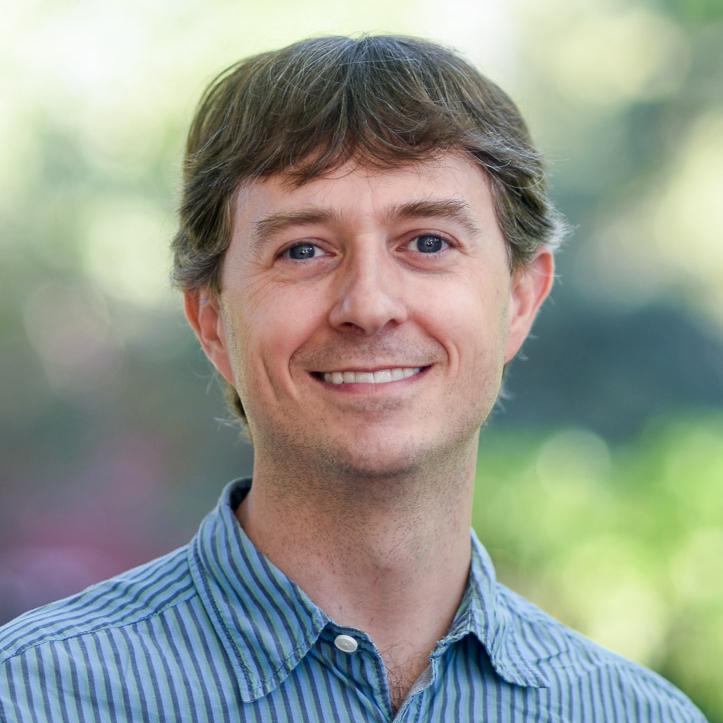
- Ph.D. institution and year: Vanderbilt University, 2010
- Previous Appointment: Assistant Professor of Literacy Education, Department of Interdisciplinary Learning and Teaching at the University of Texas at San Antonio
- What attracted you to NC State? What excites you the most about coming to work for the College of Education? I grew up in rural eastern North Carolina, and I am excited about the opportunity to contribute to educational innovation and improvement in my home state. NC State is a great fit for my research, teaching and service interests because the “think and do” attitude really fits my approach to education. I am excited to be helping the college develop a cutting edge program for supporting readers who have had difficulty with school literacy demands. This opportunity to collaborate with other faculty and community stakeholders to develop a reading support program for local students speaks to my interests in advancing research and theory while also directly serving our local communities. I am also impressed by the innovative ways that NC State College of Education faculty are working to prepare teachers in digital literacy expertise so they can be leaders, advocates, and transformers on their campuses when it comes to 21st century reading/writing practices.
- What inspired you to pursue a career in education? Because of my background in psychology, I have always been intrigued by theories of learning and by teaching practices that create opportunities for learners to pursue challenging questions and construct new understandings. But at the same time, I have always been committed to social justice in education, particularly for culturally and linguistically diverse learners and those who live in poverty who are not always given adequate opportunities for success in traditional schooling. Teaching has given me a way to converge these two interests in ways that I think helps me make a positive impact on the communities where I work. And as cliche as it may sound, I sort of fell into teaching accidentally, and I honestly can’t imagine being in any other field. There is really important work to be done in education in North Carolina, work that has critical lifelong consequences for our youth. I take that work very seriously.
- What advice do you have for your students? What advice do you have for anyone interested in pursuing a career in education? There are two big ideas that I hope students can learn from me and that I hope I model in all of my teaching. First, while it is of course important for teachers to develop strong repertoires of instructional methods, teaching isn’t actually about the implementation of methods; it’s about paying attention to the learners in the room and responding flexibly to their progress and their challenges. You can learn much more about a teacher by watching the learning than you can by watching the teaching. Second, teaching demands disruption of the status quo. What I mean is that teachers can’t simply do what everyone around them has always done. They have to ask hard questions and, in many cases, have the courage to resist educational practices that are not supportive of student learning, even when these acts of resistance are scary and make teaching even more challenging than it already is. This is particularly important in literacy education. As our ways of communicating and interacting with texts and other media change over time, so too do the challenges (and opportunities!) associated with literacy learning.
- What are your research interests? What issues does your research address? My research focuses on literacy instruction for upper elementary and middle school learners and the development of teachers who will use their professional expertise to design, critique, and advocate for instructional practices that are effective and empowering for diverse students. I concentrate on reading comprehension and reading assessment, particularly for children who find school literacy to be challenging. I am pursuing four main threads in my ongoing research projects: 1) understanding the processes and practices of reading comprehension; 2) examining how reading comprehension practices are taken up by teachers and students in classroom settings; 3) identifying features of reading comprehension instruction that are associated with student success; and 4) exploring the ways in which teaching and learning are situated within a broader sociopolitical landscape.
- What are your interests outside of work? I enjoy running, cooking and spending time with my two young daughters. Although I don’t always find time for it, I also enjoy reading fiction.
- Do you have any hidden talents, or can you share a little-known fact about you? I have completed two half marathons and hope to complete a full marathon at some point. And what is this I hear about a race where you get to eat doughnuts? Sign me up!
Dr. Michelle Falter, Assistant Professor of English Education – TELS Department
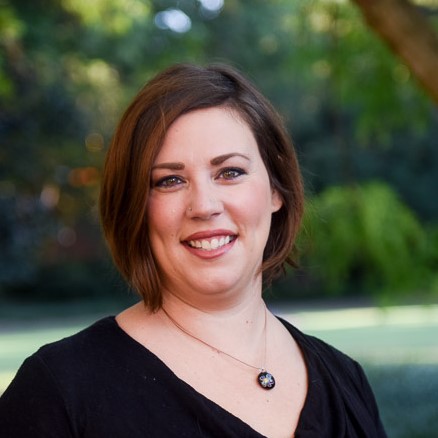
- Ph.D. institution and year: The University of Georgia, 2016
- Previous Appointment: Ph.D. student
- What attracted you to NC State? What excites you the most about coming to work for the College of Education? NC State has a reputation for excellence in teacher education and in research. I absolutely love the idea of “Think and Do” as a motto of NC State and its application to the work we do as educators. Reflection, critical thinking and action all need to work together. I am most excited about working with the next generation of literacy and language arts teachers.
- What inspired you to pursue a career in education? I honestly cannot imagine another field to be in. There are many educators in my extended family and so teaching has always been something I have valued. As a young adult I made strong connections with my teachers and I felt called to share my passion of English with other and to make reading and writing engaging and meaningful for other students, like my teachers taught me. Plus, I love working with teenagers and fellow teachers!
- What advice do you have for your students? What advice do you have for anyone interested in pursuing a career in education? There is so much to know about this crazy but wonderful vocation. My advice to you is this: you need to love kids first and foremost. It’s about the relationships we build. And, we need to be more than just teachers of content, but activists and role models for our students. Secondly, keep learning. I have worked with many teachers who think they have all the answers. You don’t; and you never will. The key is to stay open to learning, changing and growing. This mentality will always work to your favor and is something I still do today. Finally, stay positive. It is easy to get caught up in the rhetoric that states teachers are bad and schools are bad. Instead, let’s celebrate our successes!
- What are your research interests? What issues does your research address? My research interests include dialogical and feminist pedagogies, English teacher education, and emotion in the teaching of literature and writing. I think that we are in such a pivotal time in trajectory of U.S. education and that many of the policies that are trickled down to teachers and students in schools reflect neoliberal and patriarchal notions of what good teaching and good learning looks like. My research talks back to those paradigms that neglect both teachers and students in the conversation, that attempt to dictate curriculum and pedagogy to mean one testable thing, and expect English language arts to be the learning of discrete facts, devoid of emotion and passion or critical discussion of topics relevant to our students’ lives.
- What are your interests outside of work? Travel is a large passion for me. I have lived in three other countries besides the United States, and traveled to many many more. I also love heading to baseball and football games, finding new craft breweries, reading young adult literature, binging on Netflix, and pretty much any outdoor activity.
- Do you have any hidden talents, or can you share a little-known fact about you? I have a fur baby, Oliver, my world-traveling cat who has been my cuddly companion for a long time. Also, I am not the first Falter to be a professor at NC State. My great uncle Dr. John Falter was a professor of entomology from 1965-1981.
Dr. Jessica Hunt, Associate Professor of Special Education – TELS Department
- Ph.D. institution and year: University of Central Florida, 2011
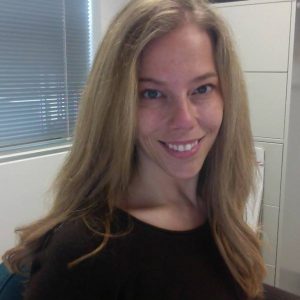
Dr. Hunt - Previous Appointment: Assistant Professor of STEM Education, UT Austin
- What attracted you to NC State? What excites you the most about coming to work for the College of Education? I was attracted most to the collaborative environment here at NC State and the potential to make a difference in the lives of current and future teachers and their students.
- What inspired you to pursue a career in education? Probably my desire to be a part of something bigger than myself and my desire to further and better the human endeavor.
- What advice do you have for your students? What advice do you have for anyone interested in pursuing a career in education? Embrace the notion that the best teachers never stop learning.
- What are your research interests? What issues does your research address? My overarching research goal is to redirect and re-conceptualize research and instructional practice in mathematics such that students with learning disabilities (LD) can grow their conceptual knowledge. Two focal areas within this goal are a) documenting initial or informal conceptual understandings of children labeled as LD within a targeted mathematical area (i.e., rational numbers) and b) understanding how growth of conceptual knowledge occurs in the targeted area and can be nurtured through the learning process. A natural and essential extension of this work includes a secondary focal area concerning instructional practices special educators use to facilitate children’s learning of mathematics and, more holistically, how educators can be supported to improve their teaching.
- What are your interests outside of work? Hiking, kayaking and traveling.
- Do you have any hidden talents, or can you share a little-known fact about you? I was once an intern at Walt Disney World in guest relations.
Dr. Julia McKeown, Teaching Assistant Professor of Digital Learning & Technology – TELS Department
- Ph.D. institution and year: Florida State University, 2009
- Previous Appointment: The University of Tampa – Assistant Professor and Director of Graduate Education
- What attracted you to NC State? What excites you the most about coming to work for the College of Education?
The quality of the program, faculty and students. I was looking for an environment where I can work collaboratively with colleagues while at the same time advancing the use of technology and distance learning to improve learning and instruction.
I am excited about all of the opportunities and resources at NC State that will be available for me and my students. The College of Education has clearly made it a priority to be on the cutting edge of innovation in education and I am excited about incorporating these technologies and resources into my courses. - What inspired you to pursue a career in education?
I started my education career teaching music and dance in a public high school. At a young age I was actively involved in the performing arts and got so much from participating in them that I decided I wanted to be able to share that passion with others. This combined with some great role models that I had as a student led me to pursue a career teaching so that I could share that passion for the arts with students. Along the way I developed a strong affinity for how technology can impact learning and teaching, which led me to pursue my advanced degrees. - What advice do you have for your students? What advice do you have for anyone interested in pursuing a career in education?
Education is such a wide and diverse field, and there are so many opportunities available for individuals who understand the teaching and learning process. My advice to students and to anyone interested in education is to think beyond the traditional classroom model and familiarize yourself with the latest technologies and theories of learning, and apply a strong research based approach to improving your teaching and instruction. I also encourage the exploration of different areas that are looking for trained educators to see how you might be able to make a difference. - What are your research interests? What issues does your research address?
I have two areas of interest for research:
Modeling, mapping and assessing complex problem solving. Specifically, evaluating and developing methods for partial to complete automation of mental model elicitation and analysis of complex problem representations. What I am trying to do is leverage the speed of information processing as technology and tools advance to help us create and understand presentation of internal processes that we are currently unable to directly view or measure.
Communication patterns and the tools and methods used to develop and facilitate online community building, especially in the area of professional development for current teachers. In this area I am working to find out what factors are essential and helpful to create communities that persist and require little external intervention once they are established. We see a lot of communities develop online and thrive for years while others simply fade and disappear after a short amount of time. I think it is important to understand why and what we can do to create sustainable communities, especially ones that facilitate learning and instruction. - What are your interests outside of work?
I enjoy traveling to new places, running and personal fitness, keeping up with business and economic news and trends, and spending time with my family. - Do you have any hidden talents, or can you share a little-known fact about you?
I have spent a lot of time doing consulting work during my summers, generally in the area of instructional design. One of the projects I worked on a few years ago included evaluating a flight training program used to train new pilots. As part of my work I went through the complete training program which included all of the flight training and I received my private pilot’s license. So at least through that project and shortly after I got to do a lot of flying, which I had never even thought about doing prior to taking on this client.
Dr. Jonee Wilson, Assistant Professor of Elementary Mathematics Education – TELS Department
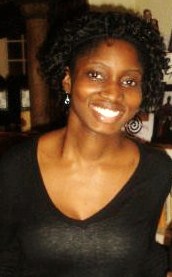
- Ph.D. institution and year: Vanderbilt University, 2015
- Previous Appointment: I wrote a National Science Foundation grant to fund a one-year post-doc following my doctorate.
- What attracted you to NC State? What excites you the most about coming to work for the College of Education?
NC State is a public university that appears to be dedicated to generating and providing excellence in research, teaching and opportunities for engagement. In addition, the mission to be a community of thinkers and doers is one that I agree with, as it places a focus on not only continuing to learn, but also on taking action based on what has been learned.
From what I’ve been able to see and hear about the College of Education, it seems like it’s a place where people are committed to both supporting and holding each other accountable. I’m excited to join such a community and am eager to start collaborating with others as we all work towards investigating and improving the field of education. - What inspired you to pursue a career in education?
To make a long story short, I’ve always enjoyed supporting people as they learn and develop their practices/skills. - What advice do you have for your students? What advice do you have for anyone interested in pursuing a career in education?
For both, I guess I’d say remember that what has been traditionally done in education is not necessarily what is appropriate – there are many customary practices that have been passed on for years, but concrete suggestions in how to make substantial improvements in education are now being made that are the direct result of thoughtful critiques of some of these “educational traditions.” So for my students, I would encourage them to always think critically about the ways they actually learn in general and to consider the extent to which certain customary practices in education may account for the ways we tend to teach (and how this may influence opportunities to truly learn). For anyone interested in pursuing a career in education, I would encourage them to consider if and how some of the educational traditions that have been taken up may be promoting or facilitating the specific issues they will face as they work within the educational system. - What are your research interests? What issues does your research address?
I am interested in identifying instructional practices that support traditionally marginalized students to participate and succeed, especially in the context of mathematics classes. I am also interested in developing and designing professional development opportunities to support teachers in developing and implementing these identified practices. - What are your interests outside of work?
I love to travel and I enjoy exploring and finding new hangout spots. - Do you have any hidden talents, or can you share a little-known fact about you?
I’m pretty adventurous when it comes to food (I will usually taste just about anything at least once).
- Categories:
